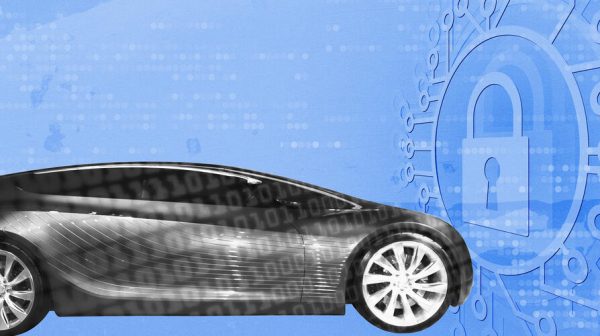
The idea of someone hacking your vehicle, especially in a way that compromises its safety, is terrifying. It’s a challenge that’s magnified many times over for driverless or autonomous vehicles.
UM-Dearborn associate professor and cybersecurity specialist Di Ma says the fundamental issue is time: security processes aren’t instantaneous. And yet autonomous vehicles will need to make hundreds of real-time decisions as they react to changing conditions on the road. Lag time in decision making caused by security checks simply isn’t an option when passenger safety is at stake.
Some of Ma’s latest research is tackling this very issue: At boot time, instead of checking everything, her process verifies a random sampling of the vehicle’s firmware code. Ma’s system, offers a 99.95 percent detection rate but only takes a fifth of the time needed for a full security check. If similar techniques could be applied throughout a vehicle’s systems, it could go a long way to meeting the nonnegotiable real-time processing requirements of AVs.
